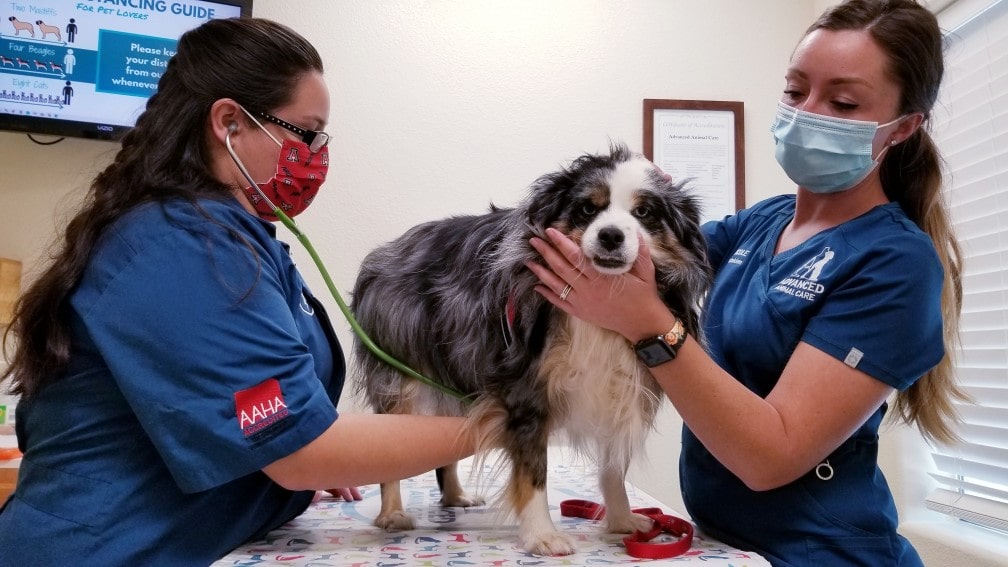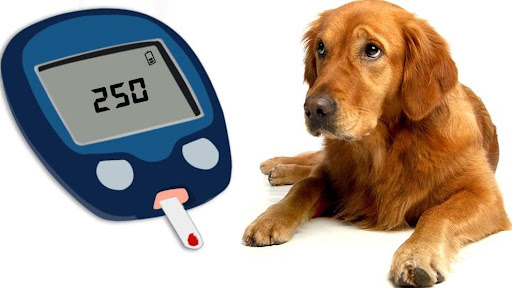Have you heard the sound of constant scratching or itching as if a nail is on the chalkboard coming from your furry friend? Never blame him because it may be the underlying cause of parasites or allergies. Just like us, dogs also develop skin problems sometimes that may require a vet visit.
Some common causes indicate common food allergies. Allergies develop in areas surrounding their ears, groin, ramp, and paws. On the other hand, bugs, fleas, and tick bites are considered the other potential sources of this itching problem. Another reason is an autoimmune disorder.
Itchy skin in dogs
Pruritus is the medical terminology for itching, which consists of an urge for itching due to skin irritation. Dogs suffering from itchy skin tend to bite, lick or scratch more. It is not a disease; it may be an underlying symptom of other issues. Sometimes pruritus develops due to pancreatitis.
In this situation, we can’t say that it’s an itchy skin issue though the licking or scratching happens heavily even for this one. But in severe cases, the dog’s skin develops scabs, bleeding skin, and hair loss.
Most purebreds are majorly affected by this. Some research confirmed that feeding raw food than processed one prevents the dog from getting itchy skin.
Causes of itchy skin in dogs
The most common causes of itchy skin are as follows:
- Intolerance of food and tick bites
- Infection
- Parasite
For a common itchy problem, the vet would prescribe a topical cream. The cream is applied to the affected area to promote quick healing. If it’s developed due to a parasite, this cream may help solve the issues.
When the problem arises due to the intolerance or allergy, you should address the dog’s diet. If this is an outcome of yeast infection, you should rectify your dog’s diet.
Let’s see the relation between a dog’s guts and skin problems.
Your Itchy dog & its leaky gut
When the itchy skin issue is identified as one of the autoimmune system faults, it often starts with leaky guts (intestinal permeability (IP)) with a few exceptions. In a leaky gut, the cell of the gut wall lining stops working as a barrier.
Due to some aggravation, they allow some food particles and other molecules like viruses and bacteria directly to the dog’s bloodstream. So, it is almost impossible to counter itchy skin without your dog’s IP.
So, it is essential to solving it from the outset. If you solve it according to the procedure recommended by the vet, it works quickly.
Dog’s Itchy skin symptoms
Some of the symptoms are indicative of underlying health issues, and if you identify hidden agenda, this will solve permanently.
So this is how it relates to your itchy dog
Itchy skin is the reaction of the stressor to oppose a certain cause.
It is tough to identify the accurate point, but definitely, IP is an integral part of the problem. Stressor defines anything that affects adversely a dog’s health and leads to a medical dysfunction or health complications.
Read Also: 8 Excellent Ways to Keep Your Dog Healthy and Happy
7 Natural Home Remedies for Itchy Dogs
#1 Ensure your dog is enjoying a grain-free diet
Check every material for dogs like food, shampoo, and grooming kit. Grain is the more provocation material for dogs and the underlying reason for such problems. Do not be misguided by the word Gluten-free. It does not mean grain-free.
Sometimes Gluten-free is more provocative than Gluten itself. WGA is such a culprit. Skin is a large external organ that is good at absorption in grain.
#2 Go dairy-free
Like grains, another culprit in a dog’s diet is a dairy product. In the case of humans, 85% of them are unable to digest milk after the age of 4. Like a human, dogs also lose their ability after weaning. Many owners give cheese to their dogs for a treat. But it is harmful to their health. Usually, people give their dogs fermented milk for good probiotics. However, the real truth is that due to fermentation, protein gets reduced, and it becomes a significant inflammatory product. There are many others to give probiotics to your dogs. So, it is better to keep your dog from milk products to prevent skin itchiness.
#3 Go lectin-free
Lectin is also an inflammatory protein present in the skin of fruit and vegetable, but that never means that fruit and vegetables are on inflammatory diets. However, the truth is far from that. They are hard to digest and create inflammation.
Read Also: What to Feed Your Dog to Regain Health
#4 Improve digestion with digestive enzymes
Dogs have got an enzyme system that decreases with age. Digestive enzymes help to improve the dog’s health. With improved digestion, you can help your dog live a longer life. A small amount of proper food helps in the process of digestion. Moreover, it will help reduce the chance of inflammation and intolerance.
#5 Improve gut health
A reputable pro or prebiotic helps improve their gut health to fight against invaders. About 80% of the immune system is in the gut. The digestive bacteria live in the gut.
#6 Use broths
Glycine-rich broths help to improve the IP. Remember that the gut is the primary door for food and bacteria.
#7 Try a topical salve
For topical salve, use Stinky Stuff products. The products from this company have got good feedback from customers.
Below is the summary of the solutions:
- If your dog has itchy skin, consider it an indication of an underlying health issue.
- Improving intestinal permeability makes the issues disappear.
- Make sure to check the product you choose to use on your dogs.
- Feed them nutritious and hypoallergenic food.
- Apply a Stinky Stuff.

 DogExpress
DogExpress



















 in Chandigarh, India.
in Chandigarh, India. 
